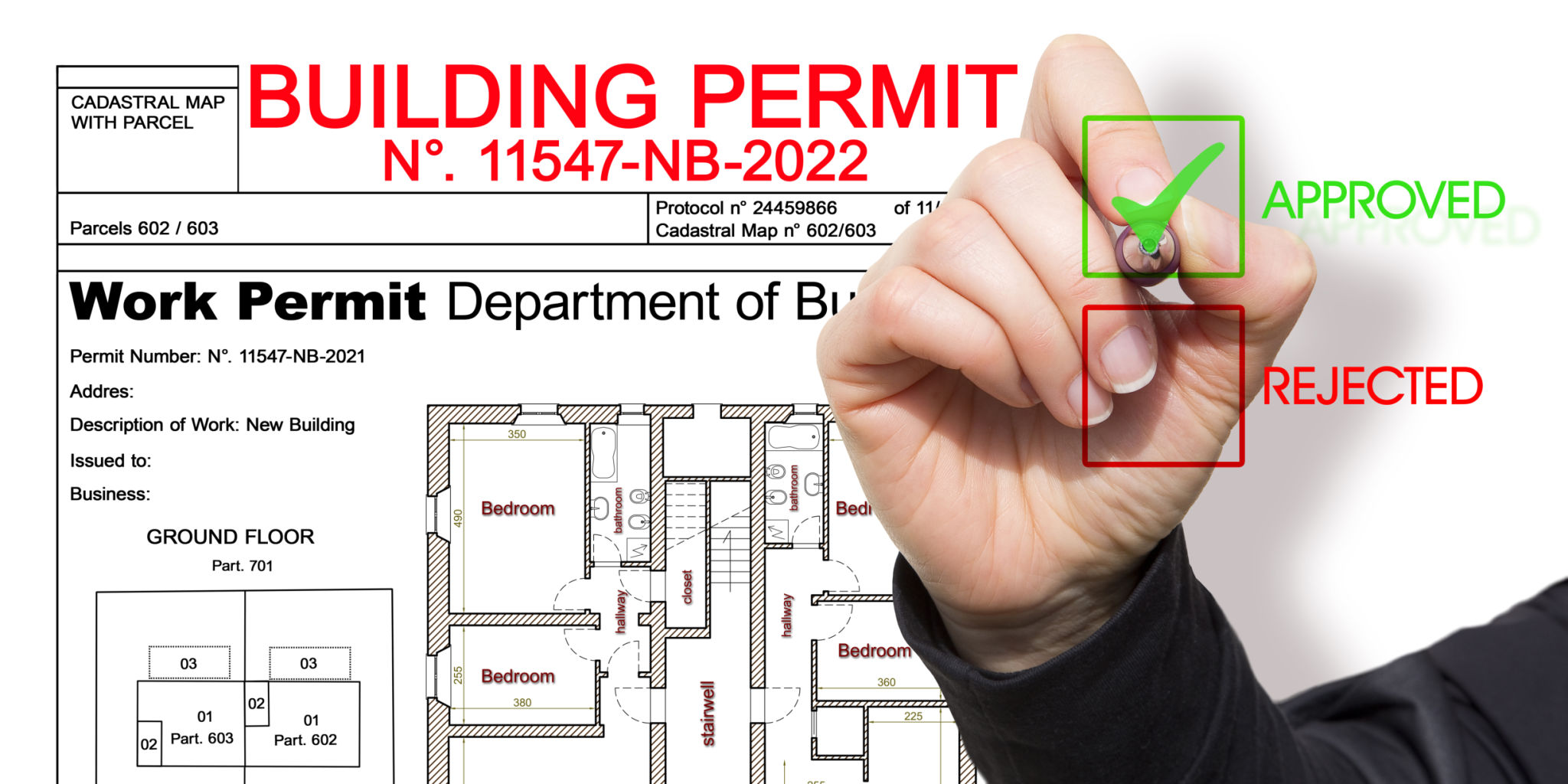How to Navigate San Diego County Real Estate Regulations: A Developer's Guide
Understanding Zoning Laws
San Diego County is a vibrant area with diverse real estate opportunities. However, navigating its complex zoning laws is crucial for any developer. Zoning laws dictate how land can be used, whether for residential, commercial, or industrial purposes. Understanding these regulations ensures compliance and helps avoid costly setbacks.

Zoning classifications can vary significantly across the county. Developers must familiarize themselves with the specific zoning maps and categories applicable to their project area. Consulting with local planning departments can provide clarity on the permissible uses and any potential restrictions.
Permitting Process
The permitting process in San Diego County can be intricate. It involves obtaining several approvals before breaking ground. This includes building permits, environmental reviews, and potentially, coastal development permits if your project is near the coastline. Each of these permits serves a specific purpose and requires meticulous attention to detail.
Engaging with a knowledgeable local consultant can be beneficial. They can guide you through the application procedures, ensuring all paperwork is accurately completed and submitted on time, thus helping to avoid unnecessary delays.

Environmental Considerations
San Diego's beautiful landscapes bring with them specific environmental regulations. Developers must conduct thorough environmental impact assessments to address any ecological concerns. This process might involve habitat preservation, water usage considerations, and mitigating any potential negative impacts on local wildlife.
Working closely with environmental consultants can ensure compliance with the California Environmental Quality Act (CEQA) and other local requirements. This proactive approach not only aids in gaining approval but also demonstrates a commitment to sustainable development.
Community Engagement
Community engagement is a critical component of successful development projects in San Diego County. Building relationships with local residents and stakeholders can foster support and reduce opposition. Hosting community meetings and being transparent about your plans can help address concerns and incorporate valuable feedback.

Consider collaborating with local organizations to align your project's goals with community interests. This partnership can be beneficial in gaining public support and ensuring the long-term success of your development.
Staying Updated on Regulation Changes
Real estate regulations are subject to change, and staying informed is essential for developers. Regularly reviewing updates from the San Diego County Planning & Development Services can keep you abreast of any changes in zoning laws, permitting requirements, or environmental regulations.
Additionally, joining local real estate associations can provide valuable insights and networking opportunities. These groups often host seminars and workshops on regulatory updates, offering developers a platform to stay current and connected.

By understanding the intricacies of San Diego County's real estate regulations, developers can navigate the process more effectively. This not only ensures compliance but also sets the foundation for successful and sustainable development projects.
